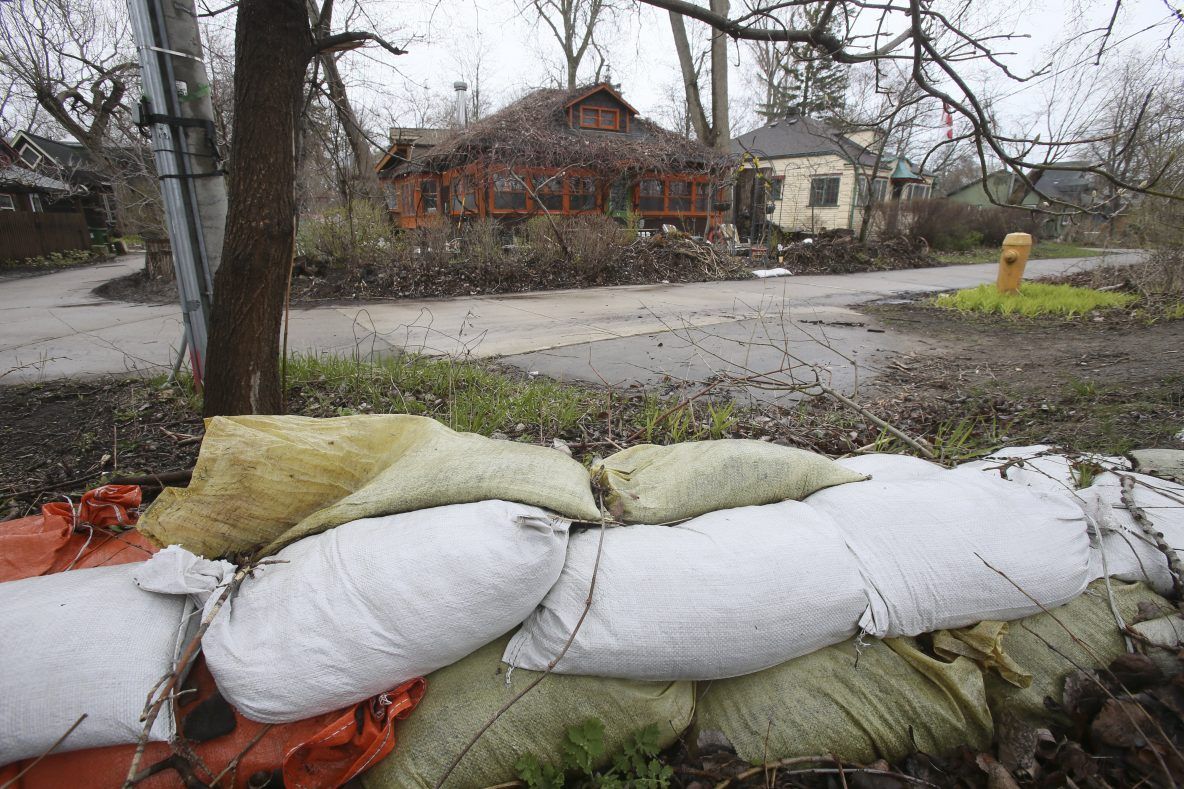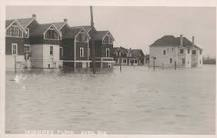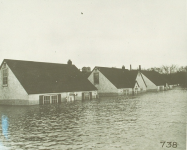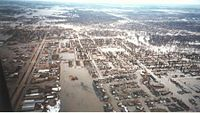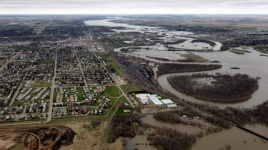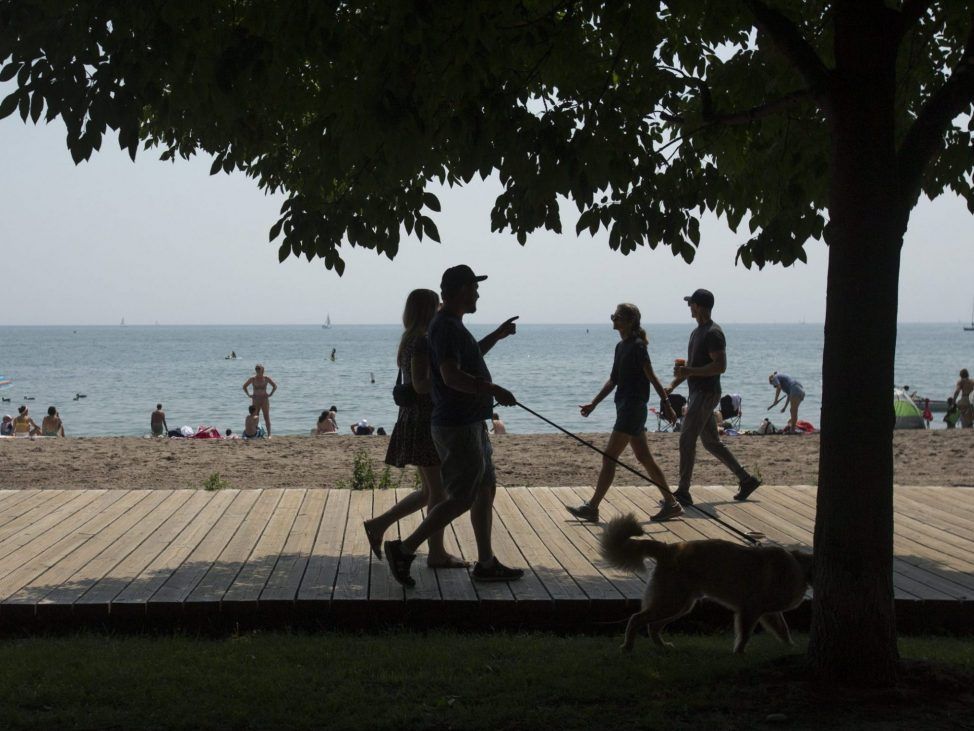Flooding now a major worry for most Ontario residents: Survey
Author of the article:Kevin Connor
Published Apr 23, 2023 • Last updated 4 hours ago • 3 minute read
Three-in-five Ontarians have flooding fears, a new survey shows
A recent national survey of Canadians by First Onsite Property Restoration — a property restoration company — found that when it came to property damage, flooding and mould are their top fears.
In Ontario, 58% have fears of rising waters and 74% of Ontarians are worried about mould.
Flooding is in the news of in Ontario. Whether it’s flooding on Toronto streets or several Ontario conservation authorities issuing flood warnings, spring has arrived.
Climate change is making only making weather-related events worse.
In the latest federal budget, the government announced new initiatives to address gaps in natural disaster protection.
“Canada’s Task Force on Flood Insurance and Relocation states that several million homes in Canada are vulnerable to flooding. Overall, flooding has accounted for 40% of weather-related catastrophes in Canada since 1970, according to the Intergovernmental Panel on Climate Change,” the survey said.
“One of the biggest threats to property is flooding and water damage,” said Jim Mandeville, a senior vice president at First Onsite Property Restoration.
“In the spring, when the ground is still frozen, thawing snow and heavy rainfall heighten the risk of water damage to residential and commercial properties.”
The survey also asked about people’s disaster-related concerns, and three-quarters of people responded, “I am concerned about the risk of mould after a flooding event.”
Sixty-six percent of people were also concerned about the cost of major renovations and 53% were concerned about their level of insurance.
“Some of the recent flooding events in Canada include the Calgary and southern Alberta flood, which happened 10-years ago in 2013,” said the study. “This flood cost $1.8 billion in insurance losses and an additional $6 billion in uninsured costs, according to the IPCC (Intergovernmental Panel on Climate Change). Other major incidents include the 2013 southern Ontario flash flood, the 2017 Quebec floods, the 2019 spring floods in Ontario, Quebec, and New Brunswick and the 2021 British Columbia floods.”
First Onsite, a company that has been on the front lines of high-risk situations due to climate change, natural disasters, and weather-related events, cautions there are warning signs that property owners should look out for.
These include water seepage through leaks in a roof or basement foundation after a heavy rain, burst pipes, blocked or backed-up sewers and drains, overflow from nearby lakes and rivers, and pooling of water from thawing snow and ice caused by inadequate drainage.
“Property damage can range from small leaks and damage to interior walls, to completely inundating buildings. If severe, water damage can even put stress on the structural integrity of a property. That’s why it’s so important to get a professional restoration team on your side the moment you notice water damage,” the survey said.
Where water damage from spring flooding has happened on a property, mould growth poses a threat.
Water caused by spring showers and melting snow also leads to mould growth in dark, damp spaces.
“For residential and commercial property owners, it is important to be aware of the environmental triggers that feed mould growth — temperature, moisture, and a lack of ventilation,” the survey noted.
“With the right planning and resources in place, businesses and residents can be better prepared to respond to flooding emergencies. Having resources to act quickly will also help prevent damage.”
Conducted online Feb. 22-24, the spring melt survey was based on responses from 1,506 Canadians who are members of the Angus Reid Forum and is considered accurate within 2.5%, 19 times out of 20.
Three-in-five Ontarians have flooding fears, a new survey shows

torontosun.com

apple.news
